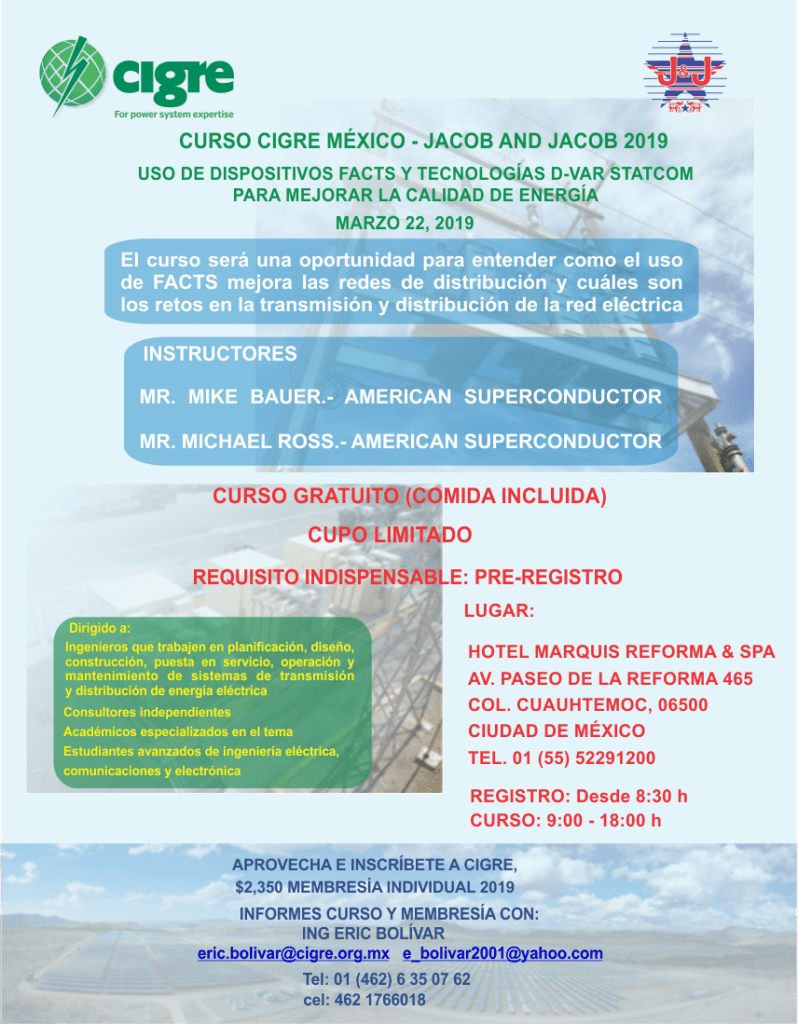Mandy Olson, who leads the USNC NGN group explains
Acknowledging that the future leaders of the power system are our young professionals, CIGRE has and continues to establish Next Generation Network (NGN) groups around the world. These groups are formed specifically to help young professionals on a range of fronts.
Being a member of the CIGRE Next Generation Network (NGN) has different benefits for different people. Most notably, and one that everyone seems to agree on, is the benefit of networking and expanding your professional reach, while solidifying a technical foundation in an area of personal interest. By participating in working groups, even as a corresponding member, our early professionals get to experience the power industry from a global perspective. This means early professionals take both experience and knowledge transfer from their working groups and directly apply it to projects they work on daily, which has the potential to accelerate advancements in the power industry.
The CIGRE NGN also creates an expansive network of early professionals across the globe by providing opportunities to become involved with many events and conferences. This collaboration allows NGN members to meet with professionals from various backgrounds and experiences, giving them a broader insight into not only technical, but business challenges as well.
In 2016, CIGRE UK NGN group launched the Young Member showcase. This showcase included NGN members of CIGRE from across the globe who submitted presentations for an opportunity to present in a study committee session at the 2016 Paris Session. The selected presentations went over so well that, in the end, some of the NGN members were approached and welcomed to positions on current working groups.
Above all, NGN members benefit by being around experts, learning, contributing, and networking. Access to e-CIGRE certainly helps with this, and through events, conferences, and meetings our group continues to expand its reach and our members continue to thrive.

